|
New
Releases |
January 16, 2026

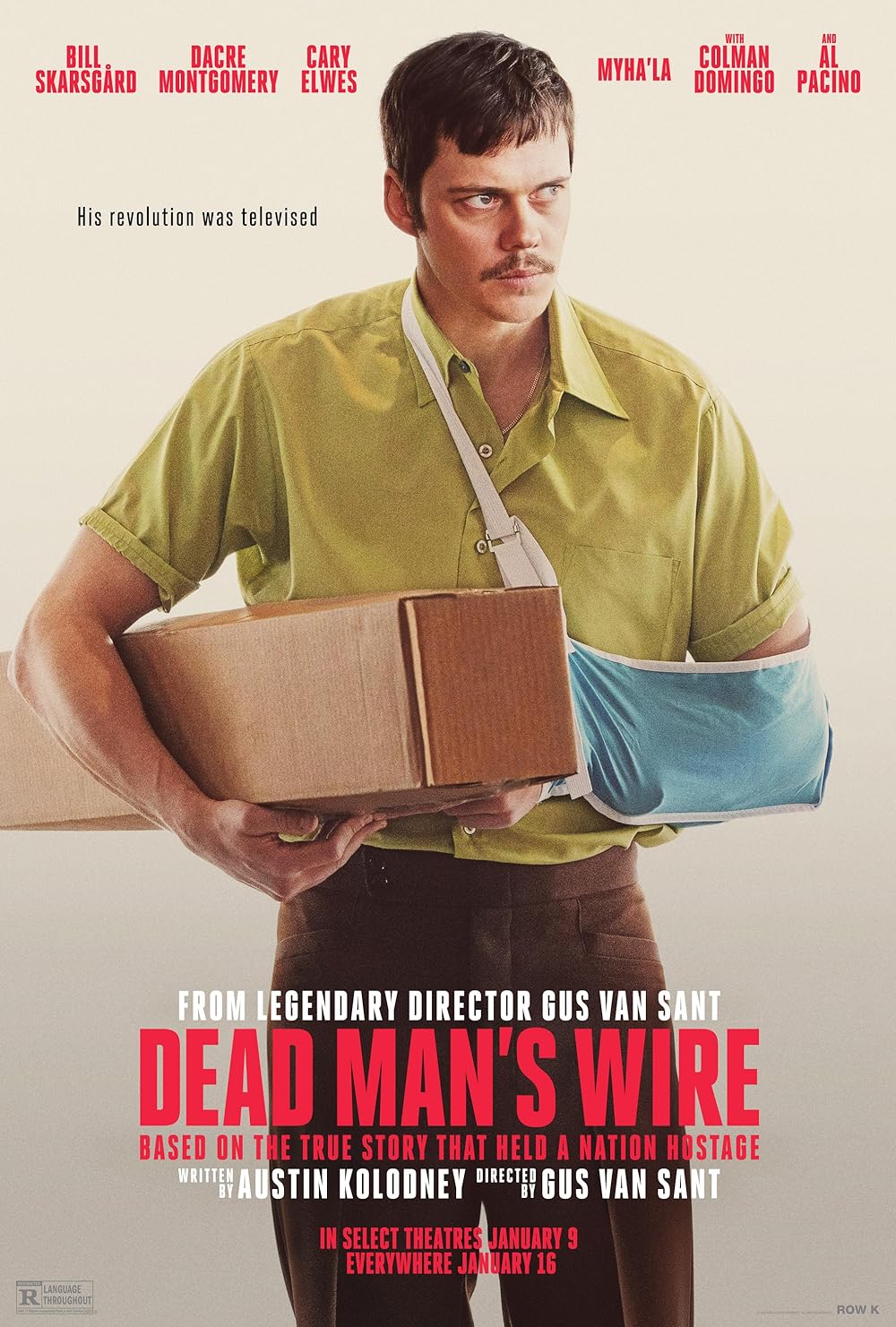

 |
January 9, 2026
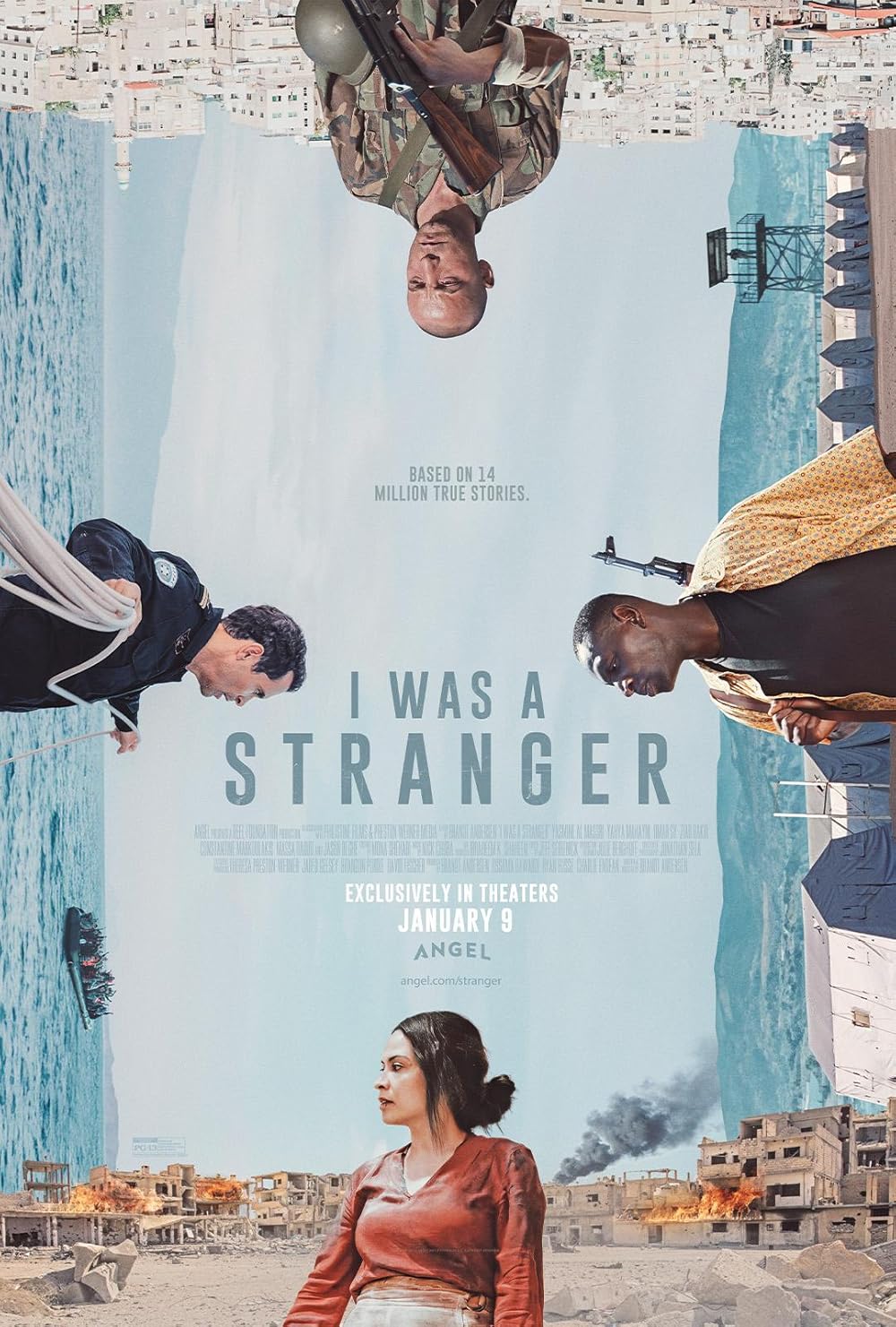
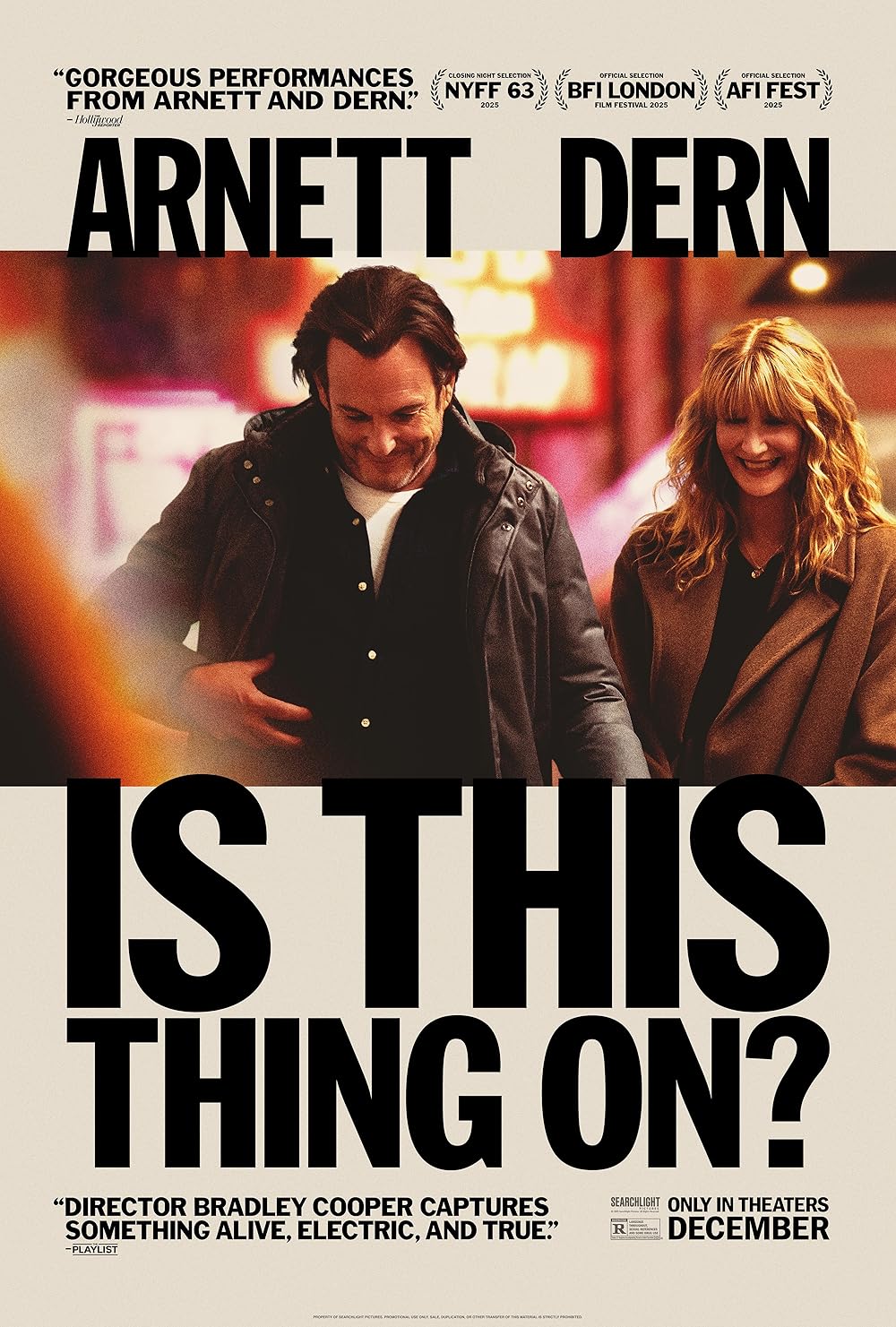 |
January 2, 2026
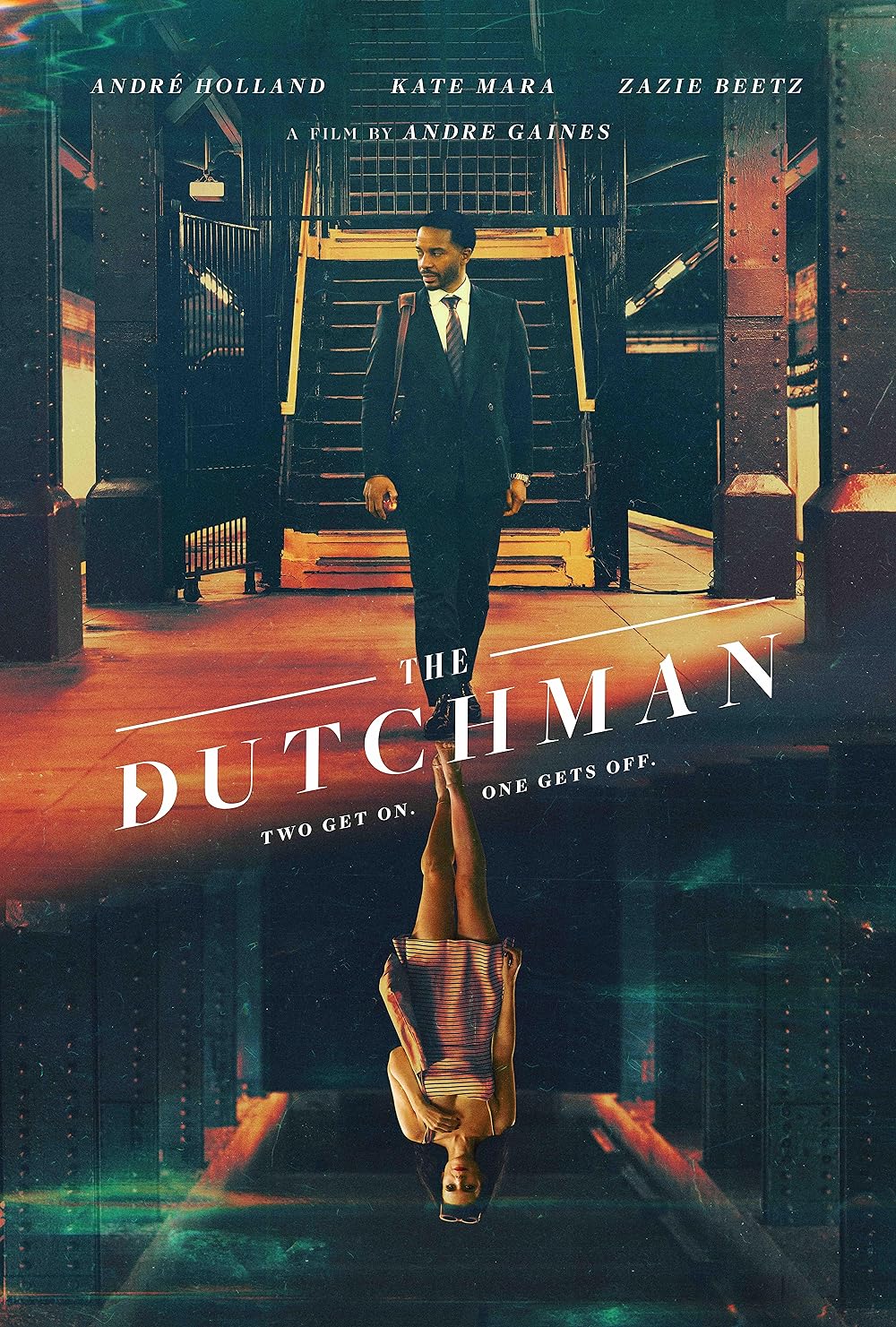
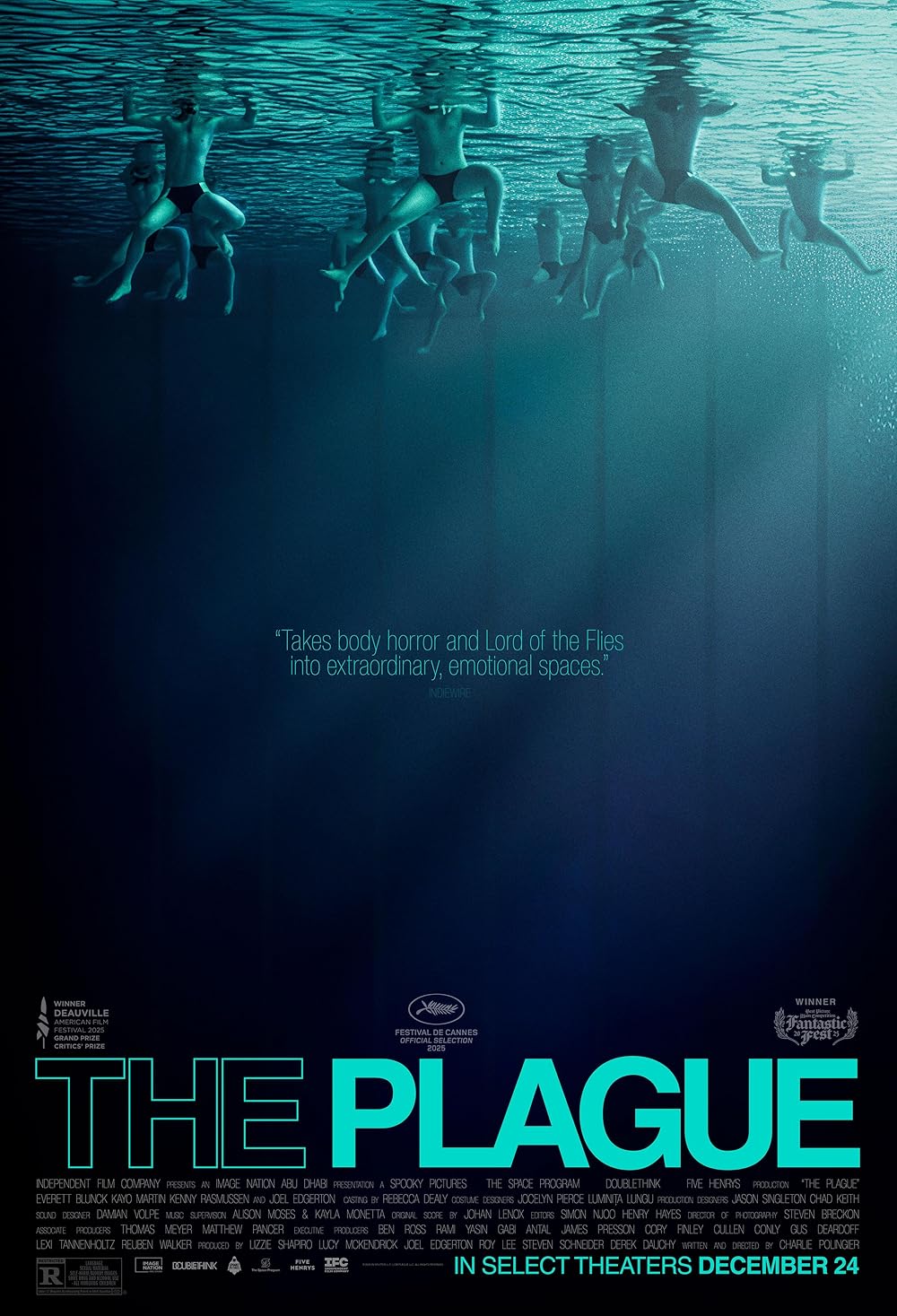
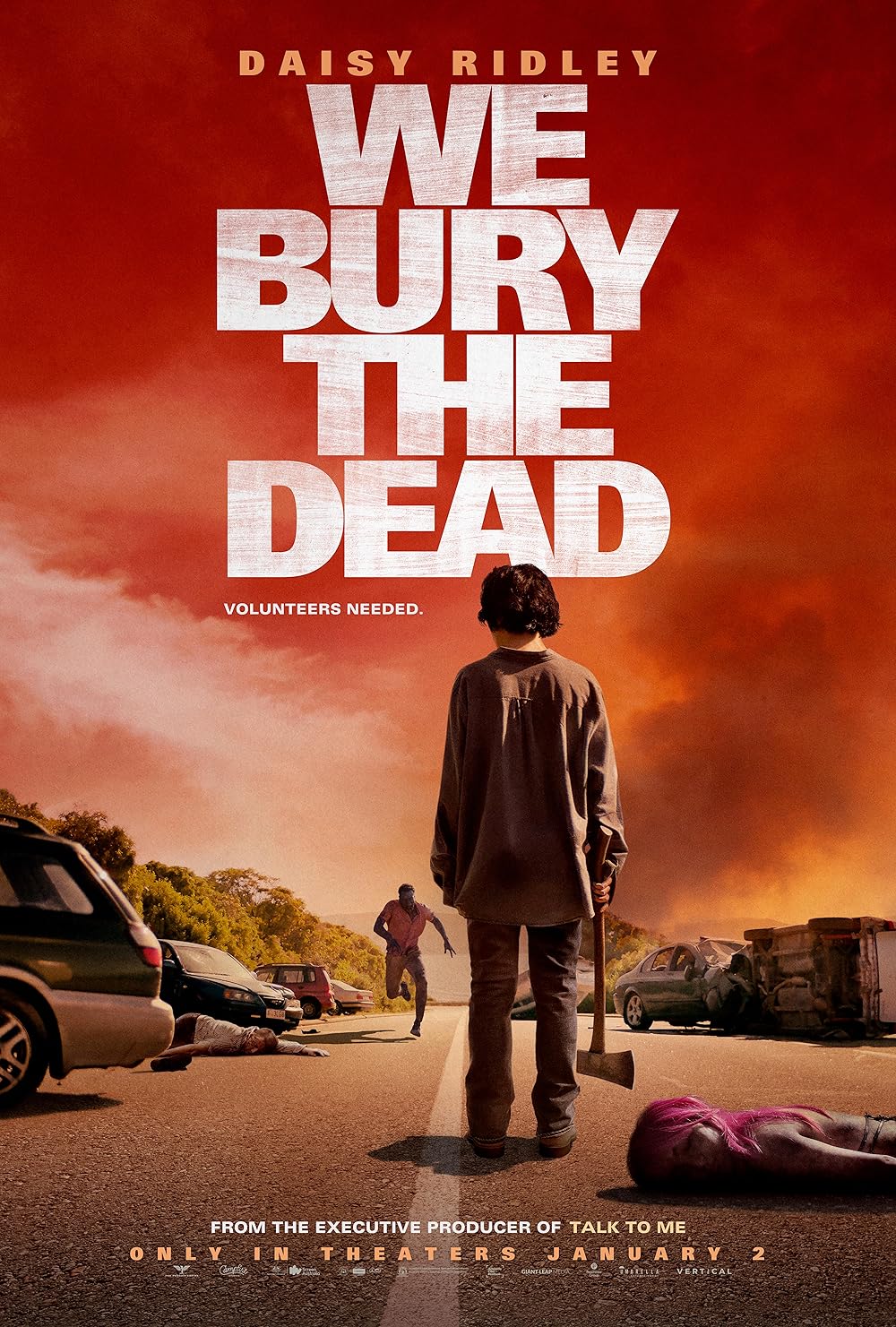 |
December 26, 2025

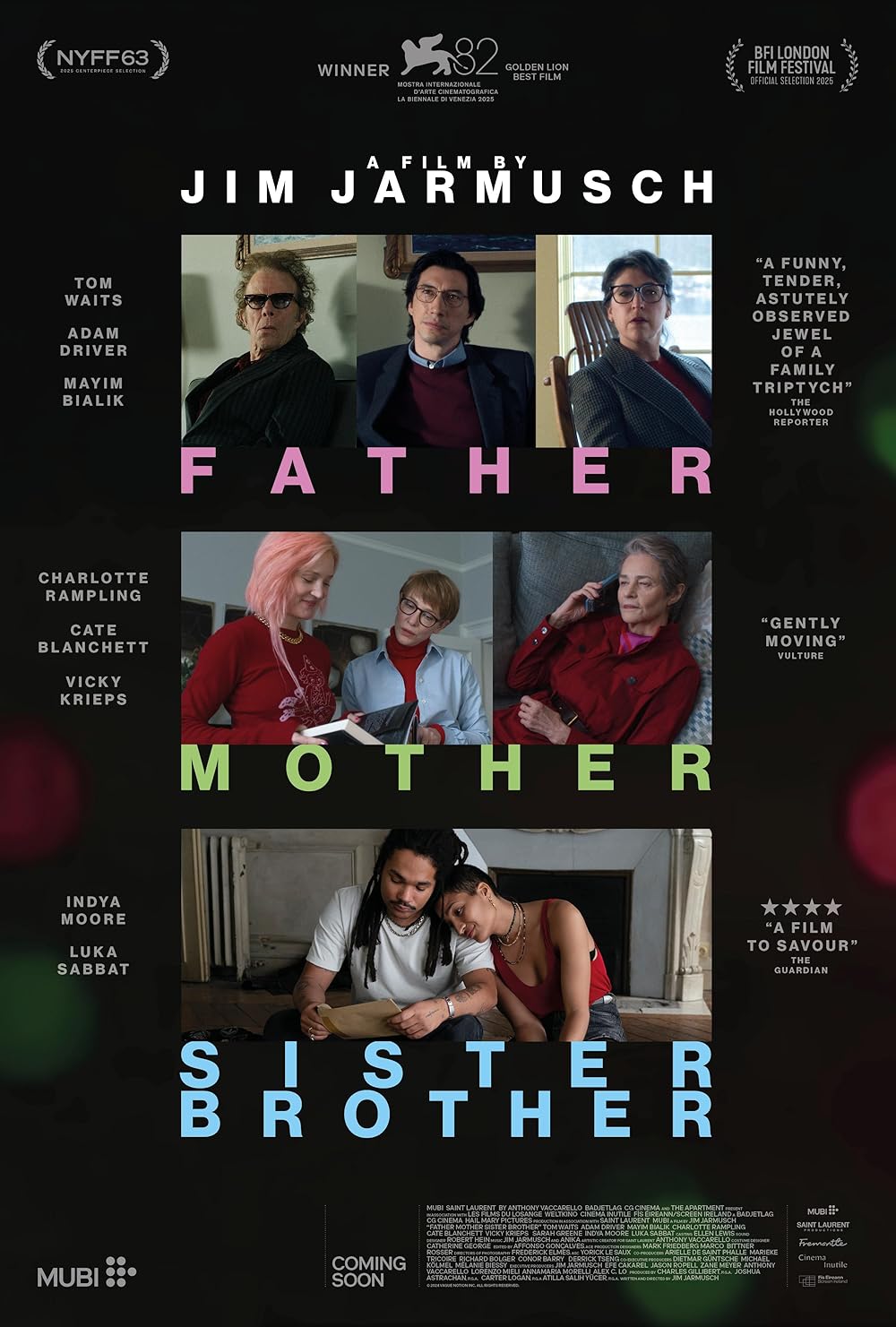
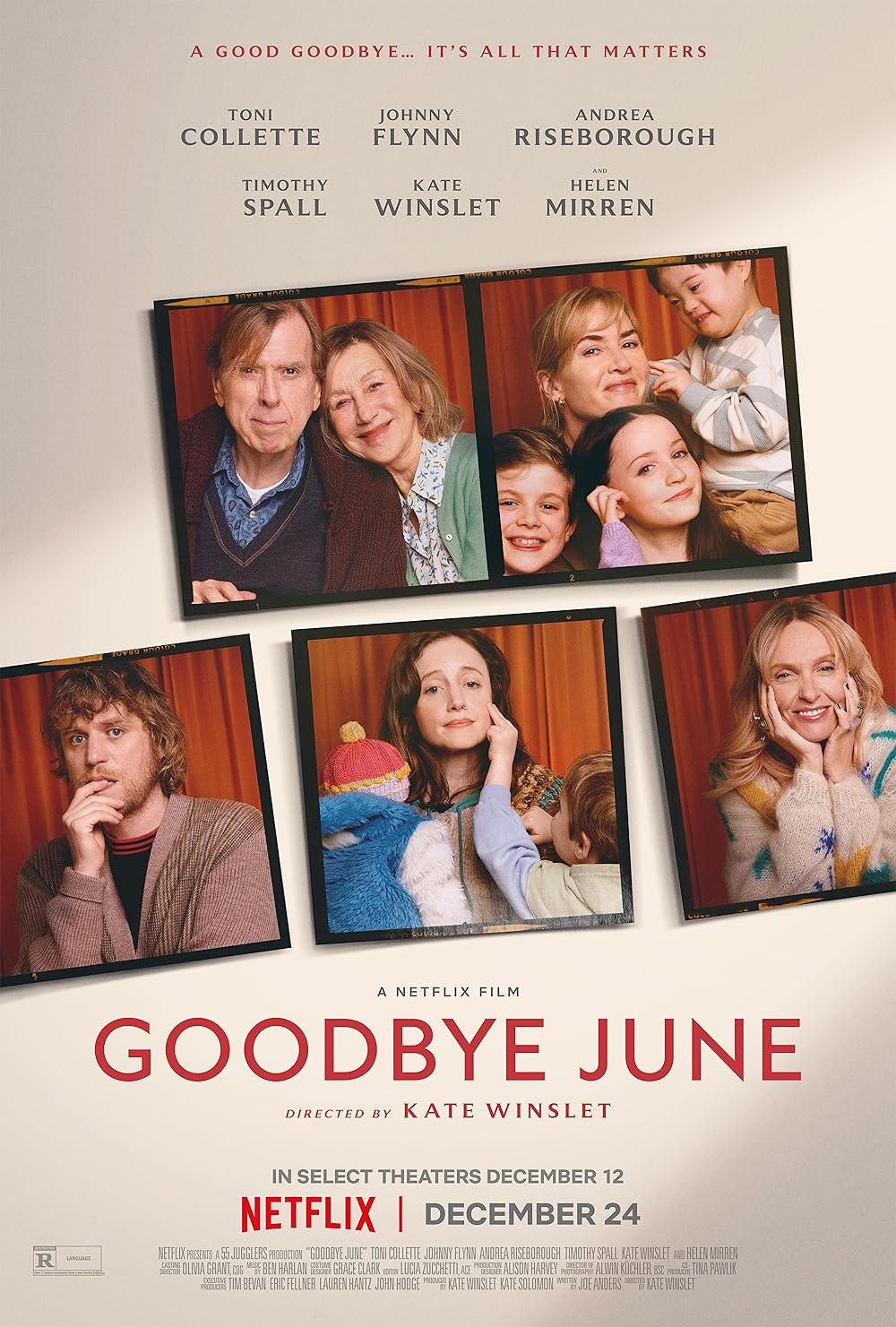


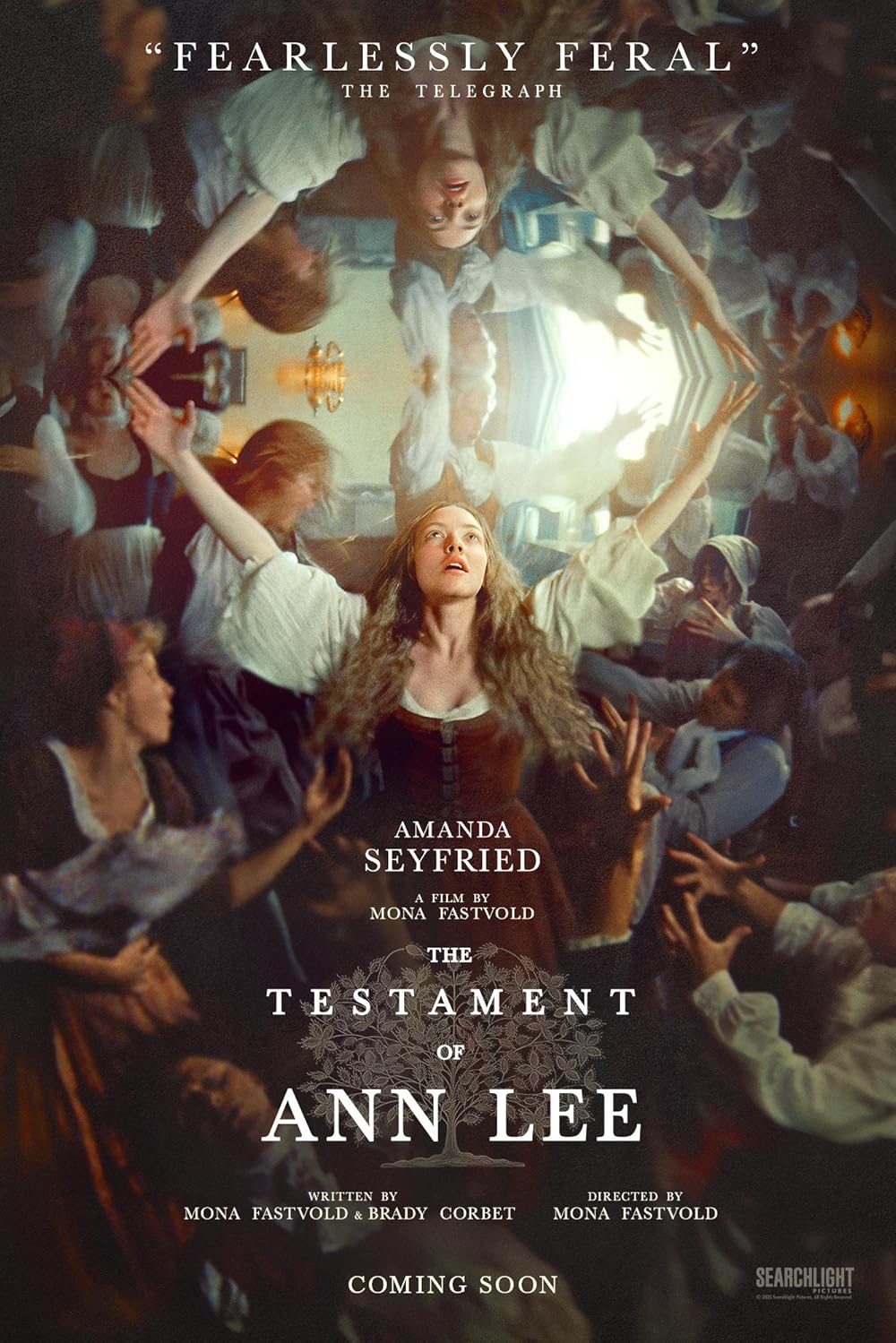 |
December 19, 2025


 |
December 12, 2025
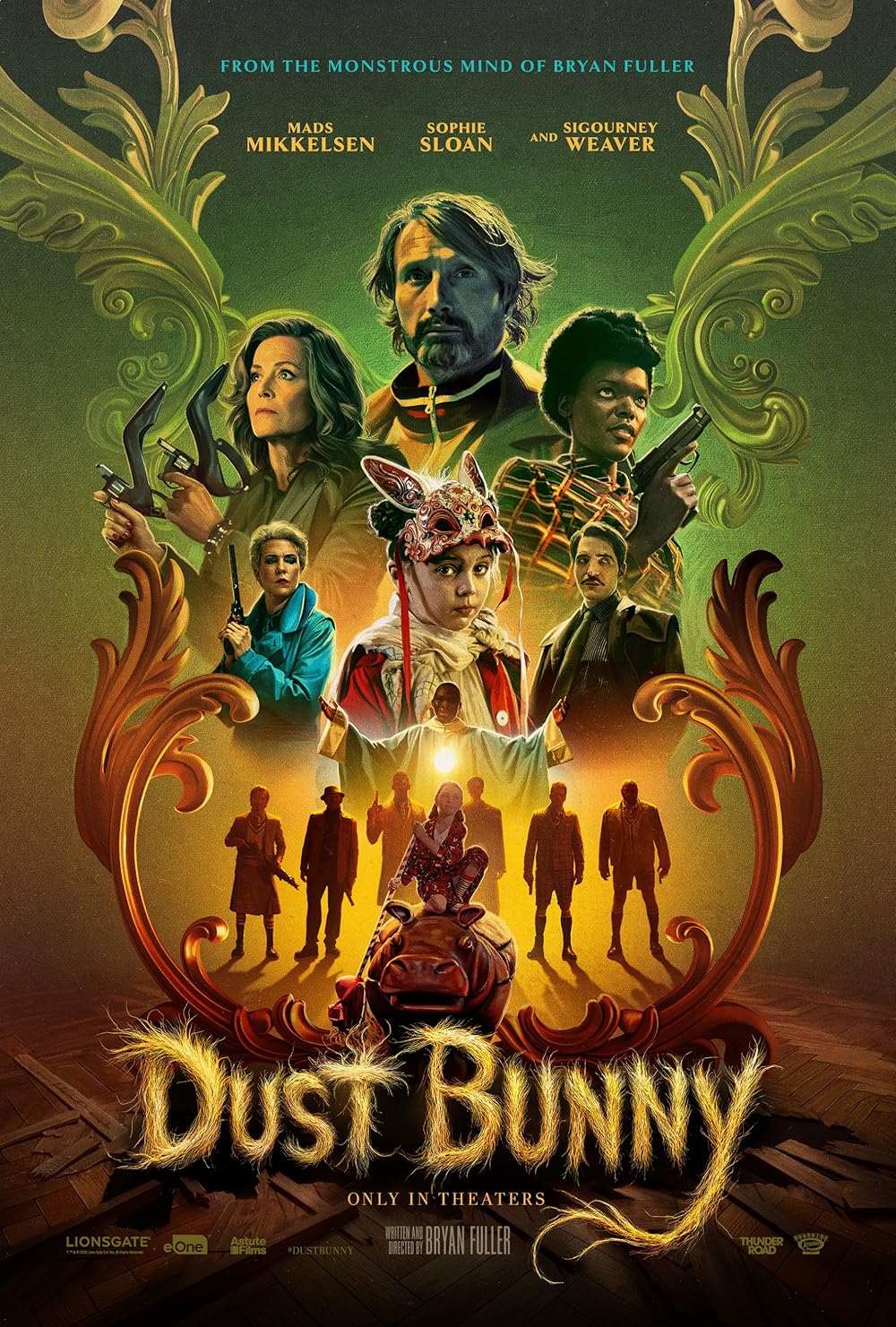
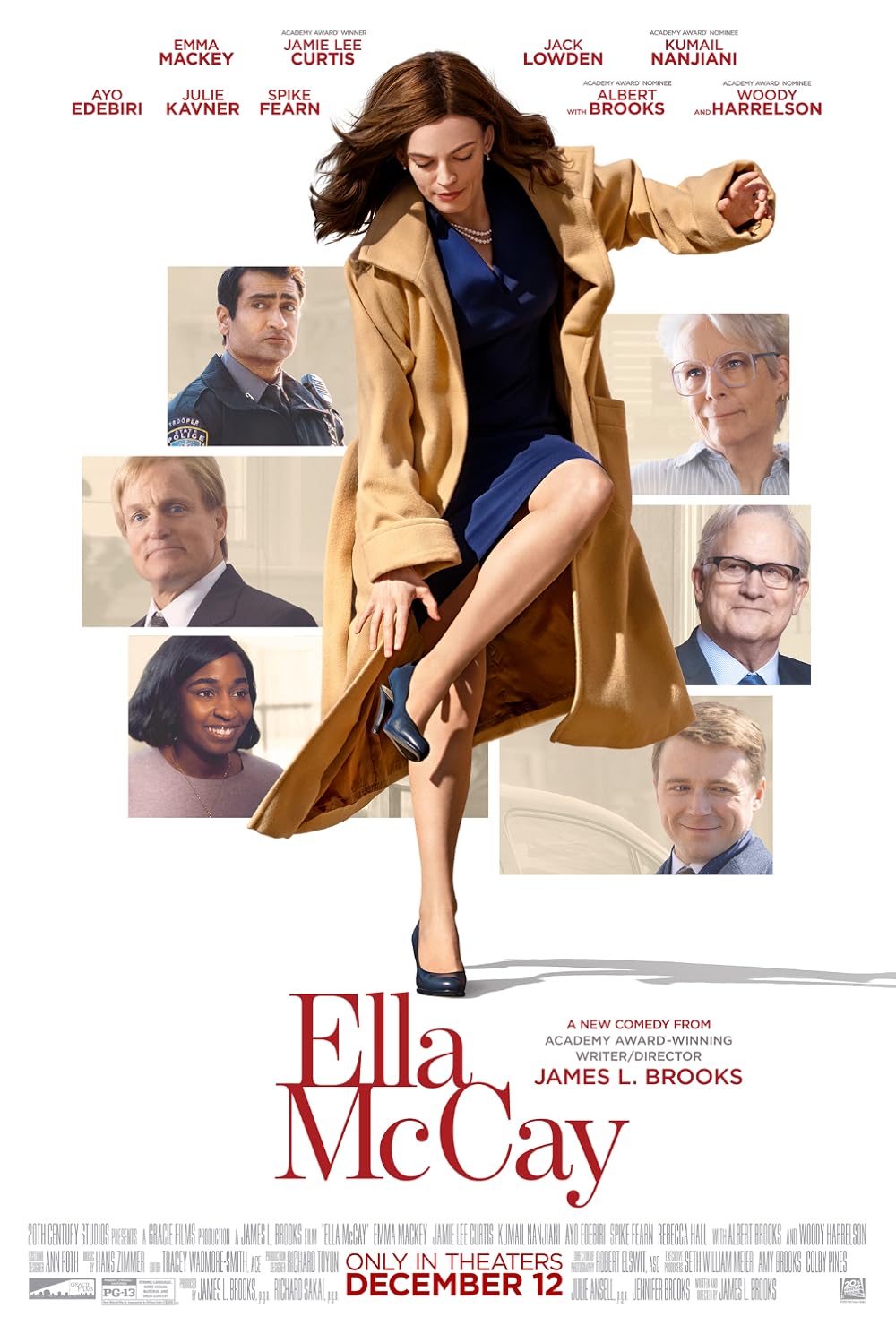
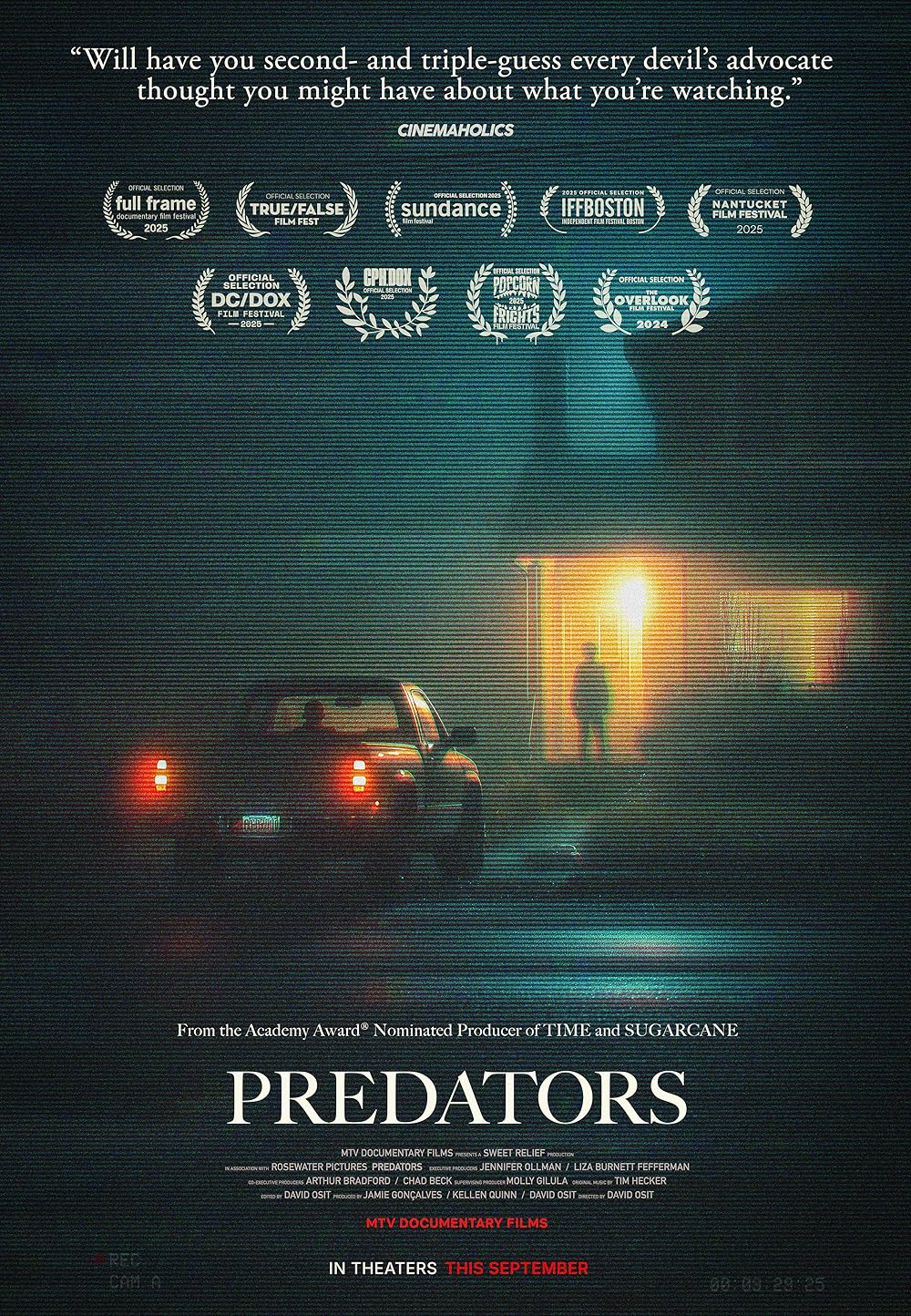
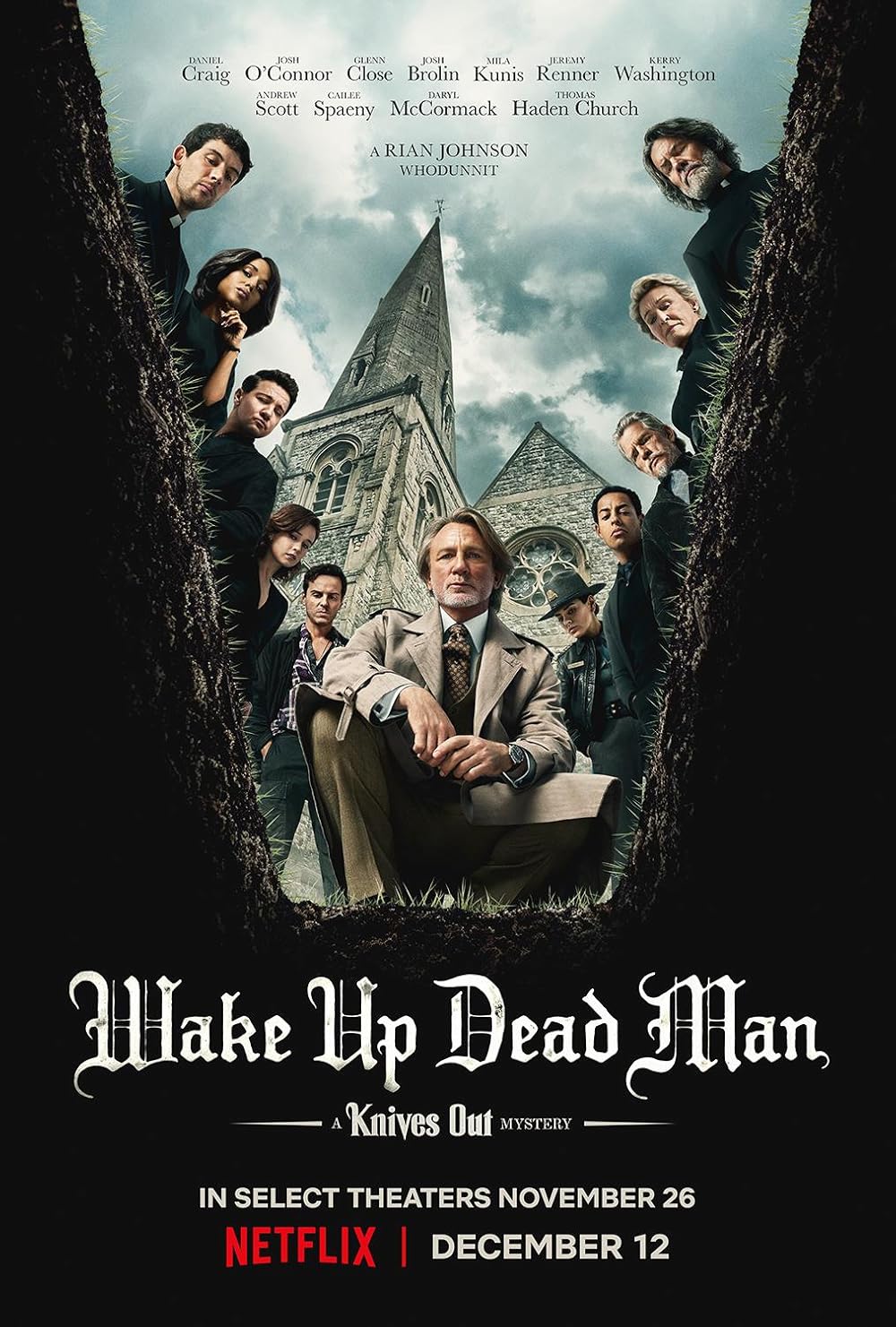 |
December 5, 2025


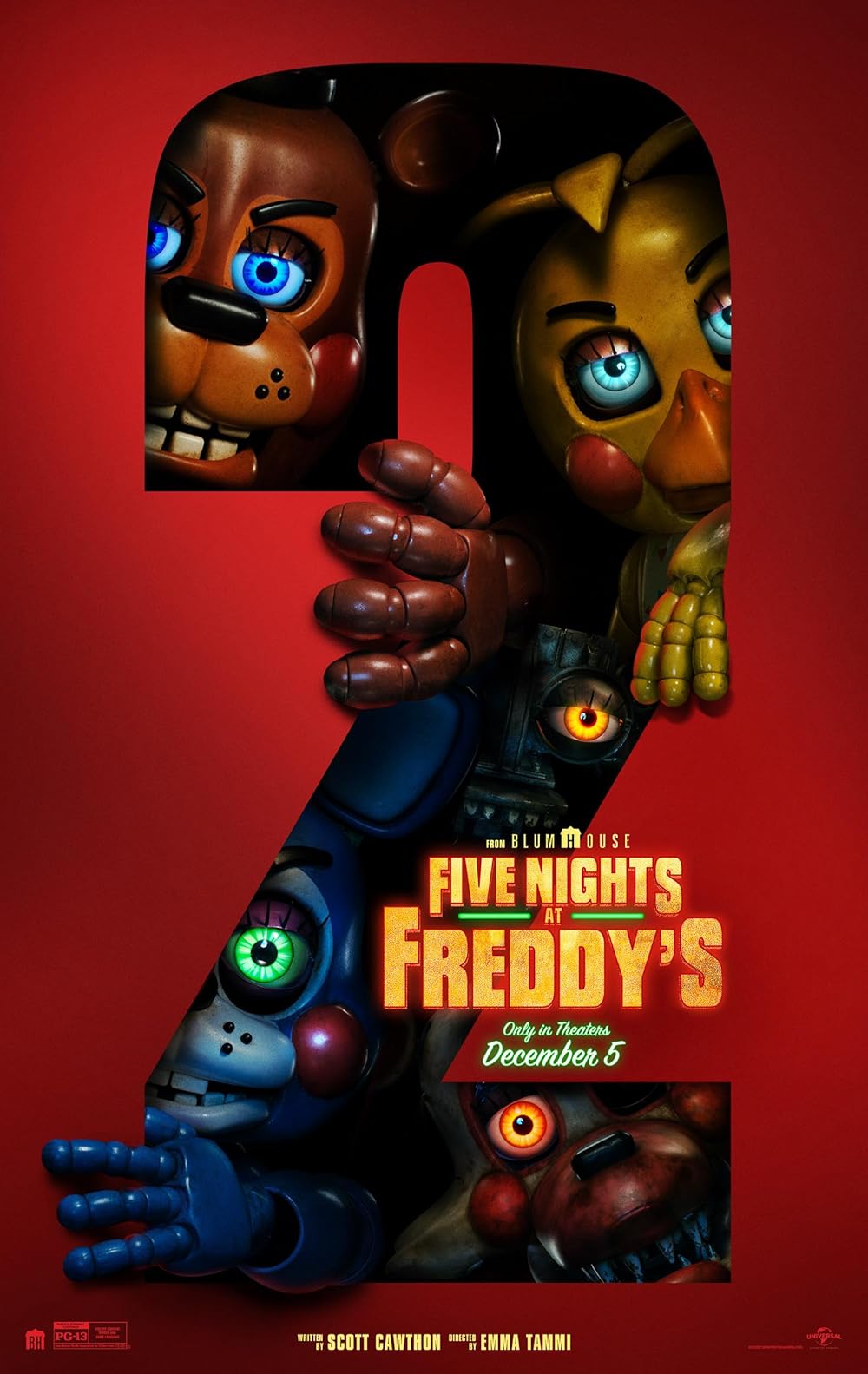



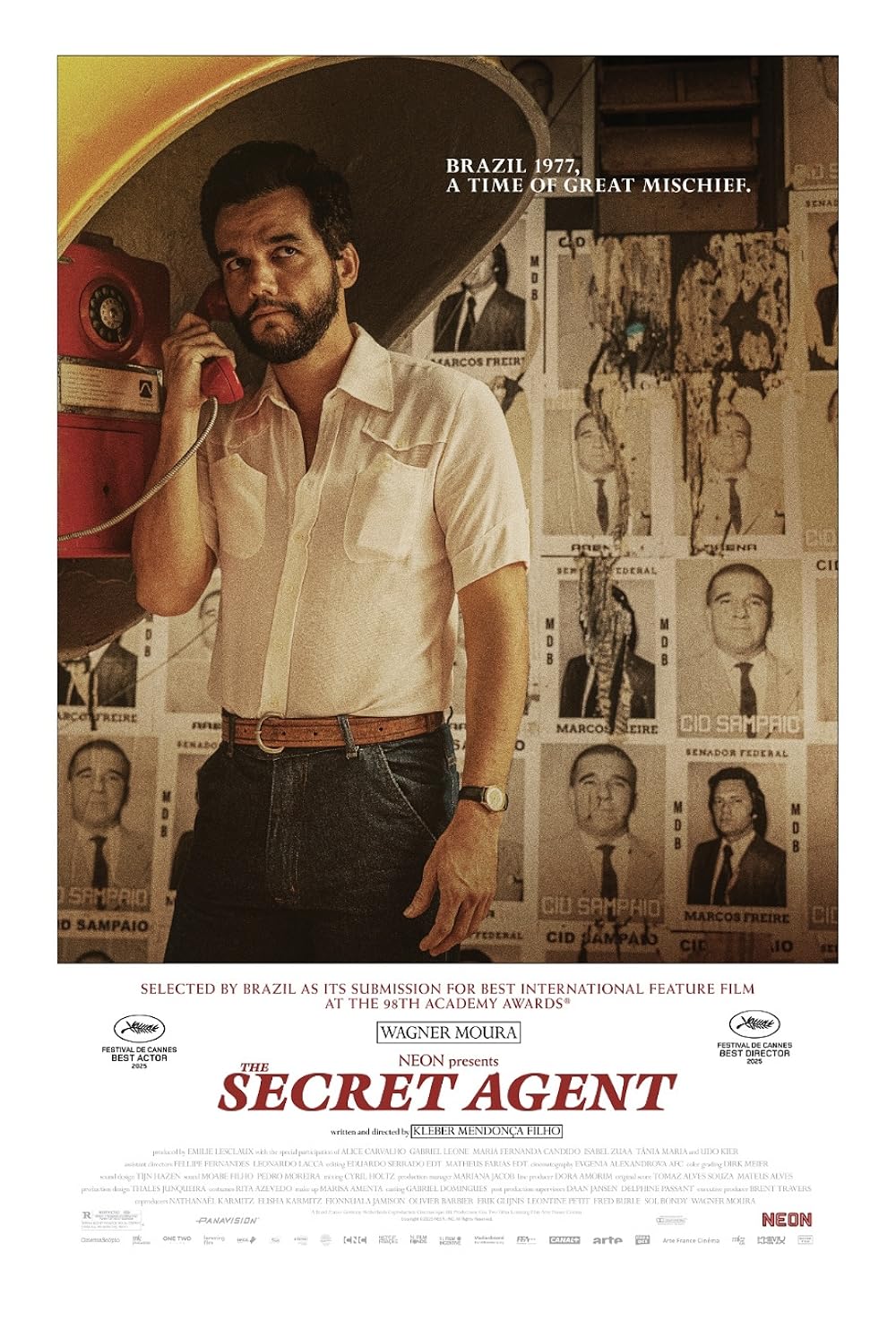 |
|
|
|
Synecdoche, New York
(2008)
Directed by
Charlie Kaufman
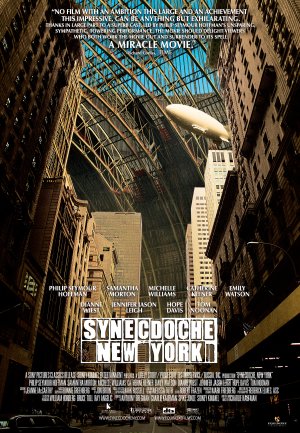
Review by
Todd Plucknett
Oscar-winner Charlie Kaufman’s directorial debut
Synecdoche, New
York
is a mind trip for the ages. Just with that title, people will be
confused. Those who understand or think they understand Kaufman will be
shook and mind-blown by his new fantastic character study, which blends
all genres into one brilliant, beautiful, perplexing, astonishing piece
of art. The film will haunt you, frustrate you, and leave you thinking
about it for days after the credits roll. That is something that I love
in a movie, and this film ranks with the best experiences of that kind I
have had.
The film starts off fairly tame for Kaufman’s
standards. Caden Cotard (Oscar-winner Philip Seymour Hoffman) is a
struggling theater director, whose life slowly becomes an absolutely
nightmarish mess. He adapts
Death
of a Salesman with young actors, which becomes a real hit. As a
response, he is presented the MacArthur Genius Grant. With this
wonderful award, Caden sets his sights on creating his masterpiece. He
rents a giant warehouse in New York, where he plans to build a replica
of the city and stage his play, which will be a reenactment of certain
parts of his quickly deteriorating life. He recently divorced his wife
Adele (Catherine Keener), who left for Berlin to pursue her artistic
career of painting tiny portraits. She took their daughter Olive (Sadie
Goldstein, Robin Weigert), who was growing up with Maria (Jennifer Jason
Leigh), one of Adele’s friends. Later, Caden remarries actress Claire
(Michelle Williams). He also has a relationship with a coworker named
Hazel (Samantha Morton), which is disrupted by Sammy (Tom Noonan), the
guy who had been creepily following Caden around for the first part of
the movie, who he eventually hires to play him in the play. Tammy (Emily
Watson) is the person hired to play Hazel in the play, and Ellen
(Oscar-winner Diane Wiest) is a famous actress who plays Caden as well,
even though she sort of takes over direction of the play, leaving Caden
to watch from the side.
All of those characters play significant roles in
the film. Meanwhile, Caden is slowly dying. Every scene brings up
something else that is wrong with him. He goes to a psychiatrist (Hope
Davis), who gives him almost no help, except for constantly plugging her
newest volumes of her books and selling them to him. The time in the
film flies by. There are certain conversations between Caden and his
shrink that seem to be cut off, which really skews the reality that the
audience (and Caden, perhaps) thought they knew. The film jumps far into
the future, though it is never revealed how far. The audience and Caden
do not know, which is evident in the fact that he did not think that his
daughter had aged seven years down the road. The only real element that
helps the audience keep track of time (other than a few references
throughout the film on side conversations) is the construction of the
set. The set becomes bigger and more complex, looking more and more like
downtown New York. That and seeing Olive grown up are the only things
that put the time jumps into perspective.
The film has so much strange and brilliant events
and phenomena to chew on. For one, Hazel lives in a house that is
eternally on fire. I have no idea what that means, but I couldn’t get my
mind around the fact that Emily Watson played Hazel in the play (who was
blind girl Reba in
Red Dragon
in a similar flaming house, unaware that it was on fire) and Tom Noonan
was basically a stalker in this film who falls for Hazel (who was The
Tooth Fairy in
Manhunter that
took Reba to that house). However, I have no idea if that is significant
or if I am just pulling something out of nowhere. Also, Caden’s last
name is Cotard, which is almost certainly a reference to a syndrome of
psychotic depression and delusion. What’s in a name? Well, something
apparently. There is one particular line that starts the ascension into
Kaufman surrealism, said by Hope Davis. At the moment that line slips
by, you know the film is going somewhere else. For the rest of the film
after that line is delivered, I was spellbound.
The acting in this film is phenomenal, and it is
one of the most amazing ensemble casts of the year. Phillip Seymour
Hoffman is fantastic in his crazy, stressed performance, bringing to
memory Paul Giamatti and his work in
Sideways
and in many ways
American Splendor. Samantha
Morton is terrific in her role, which is the largest of the supporting
female parts. Catherine Keener is phenomenal as always. Jennifer Jason
Leigh is fine, though her eventual turn to a German accent is
unconvincing and awkward. Emily Watson is brilliant, and Diane Wiest
brings a very interesting quality to Ellen; she actually looks like
Hoffman. Tom Noonan is good and sometimes creepy, which seems to be his
specialty. Michelle Williams is also very strong in her supporting role,
which is sadly a bit too small. Hope Davis brings some of the gradual
laughs in this extremely dark comedy. Charlie Kaufman definitely has
directing talent. I could have easily seen Spike Jonze or Michel Gondry
take on this film’s bizarreness, but perhaps it wouldn’t have been as
alive and polished if Kaufman wasn’t fully in charge. It is very
beautifully shot, and the passion that Kaufman has for the material is
unquestioned.
People who have become familiar with Kaufman’s work
may become frustrated that they cannot crack this film. Maybe it is not
meant to be cracked, necessarily. There is a lot of
Adaptation in this, as well
as some Woody Allen and David Lynch. It is not anywhere near as
incomprehensible as
Inland Empire.
It is actually somewhere between that and
Mulholland Dr. It is
something that Kaufman had not explored before. He likes to play with
the audience, but he never baffled them as much as he did here. The
final scenes are brilliant in such a dreamlike way, and it just
reinforces the blurring of reality that Caden had evidently been feeling
throughout the decades portrayed in the film. After the movie, I hadn’t
the slightest clue what had happened, but I sat there with a smile on my
face. There was so much bruising humor and artistic beauty that I
couldn’t help but love the film. I knew that I was going to be
discussing it and thinking about it for days, and I had no problem with
it. That style is one that I have become very fond of, and this is a
fantastic addition to it. I realize that many people will hate this
movie, calling it smug, pretentious, depressing, and/or indulgent. I did
not get this feeling at all. It is a challenging experience, and it is
one that many will need to have twice. I can’t wait to see it again to
take another shot at this elaborate puzzle and enjoy one of the best
films of the year a second time.
Rating:

|
|
New
Reviews |
Reactions to the Nominations

Written Article - Todd |
2026 Oscar Predictions: Final

Written Article - Todd |
Todd Most Anticipated #5

Podcast Featured Review |

Podcast Review - Todd |

Podcast Review - Terry |

Podcast Review - Zach |
10th Anniversary
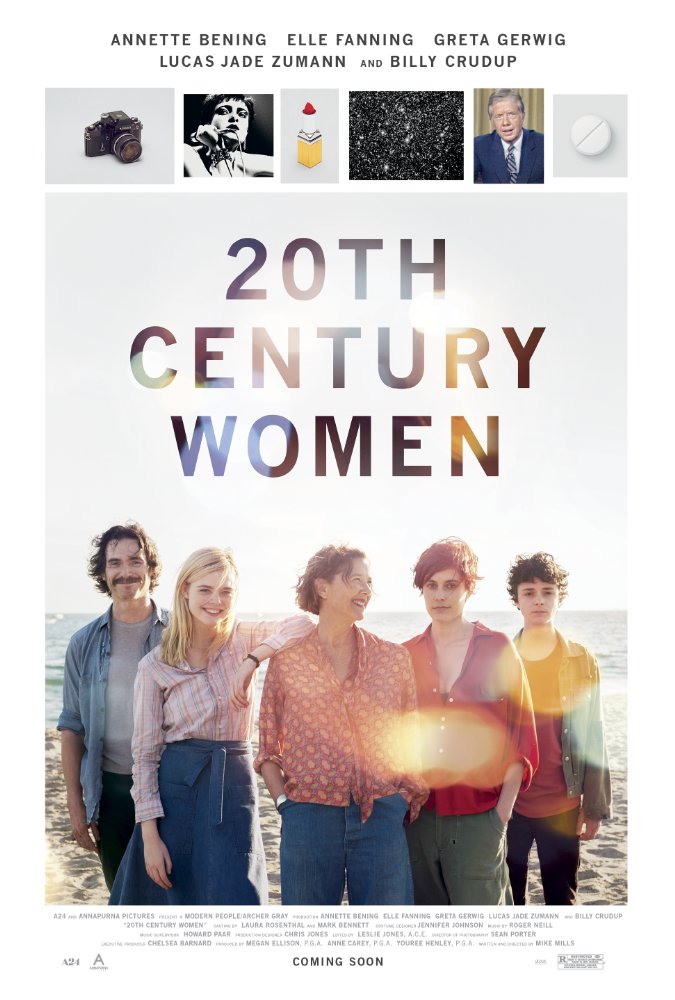
Podcast Oscar Review - Terry |
Director Blindspot Watch
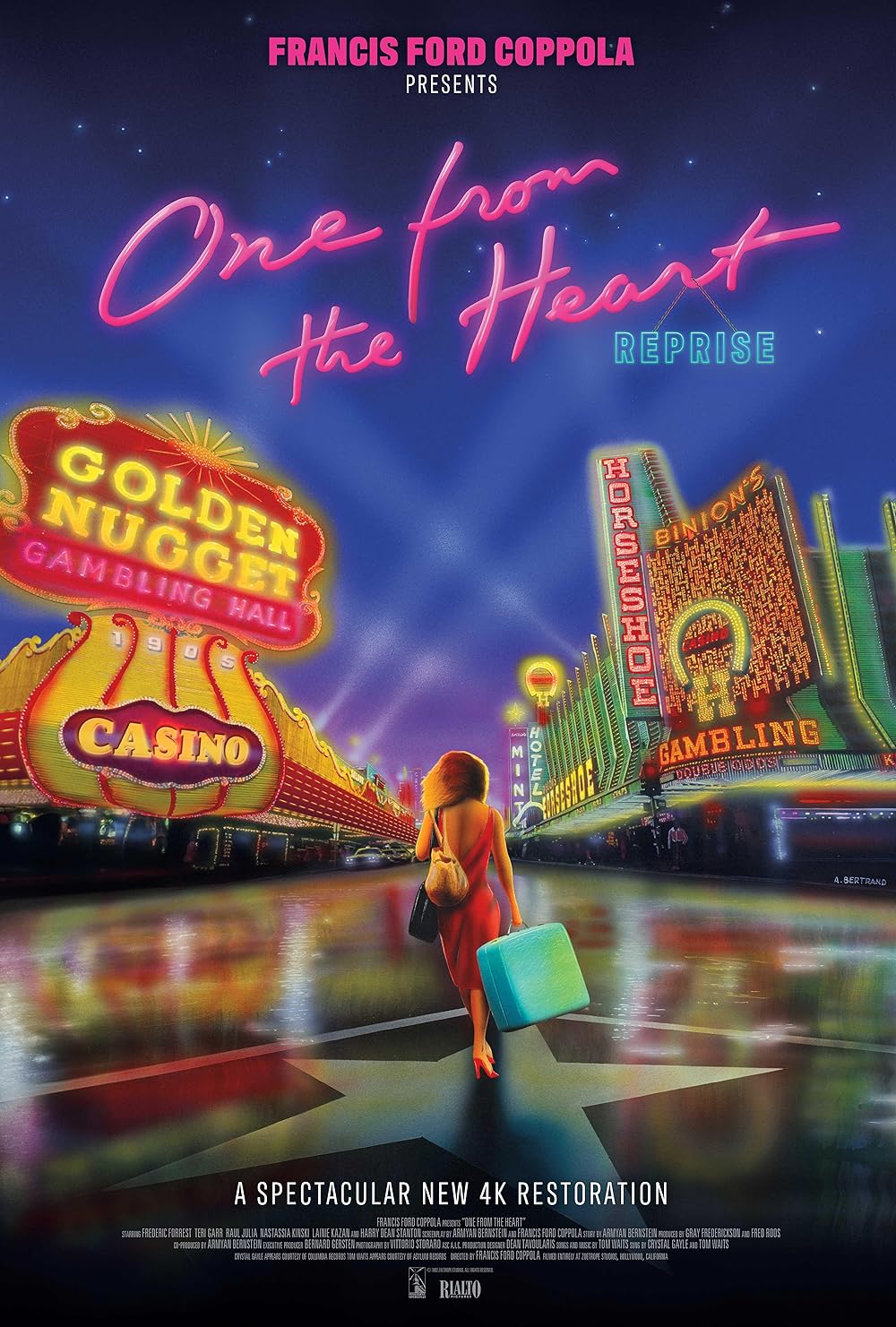
Podcast Review - Todd |
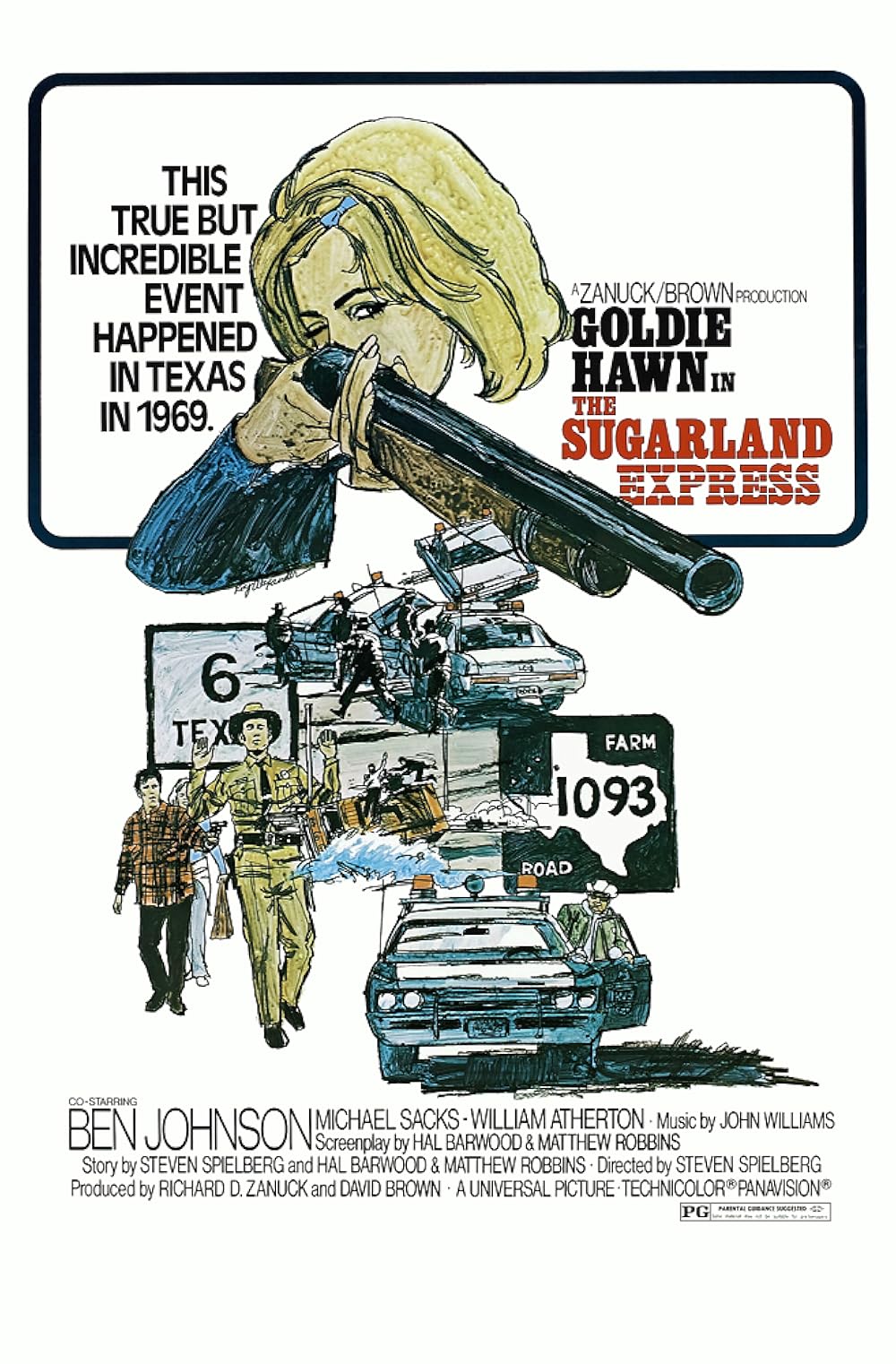
Podcast Review - Zach |
Ford Explorer Watch
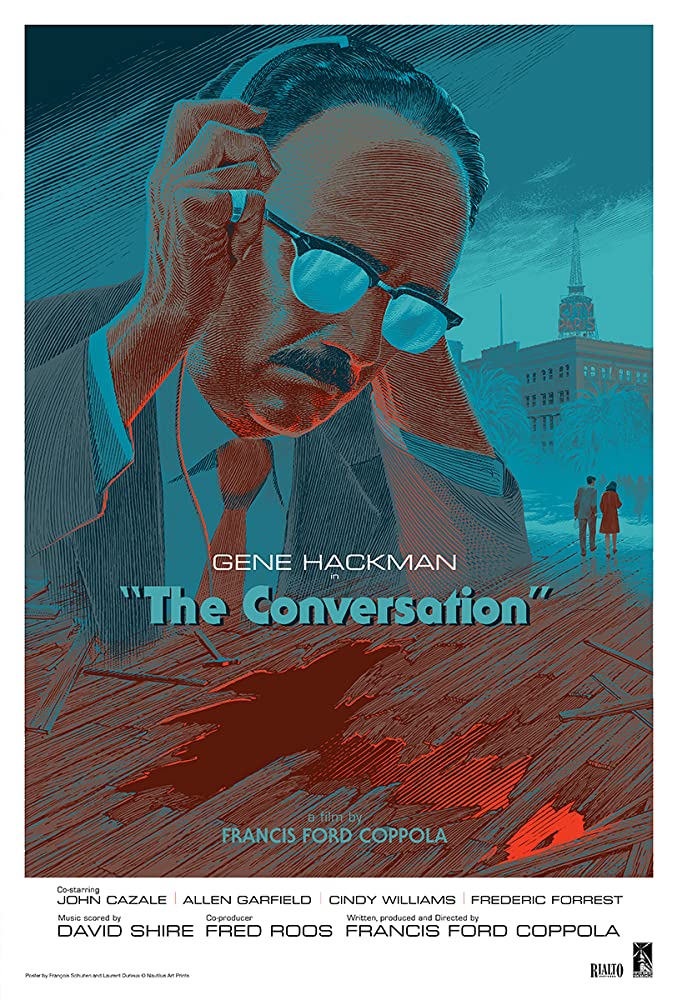
Podcast Review - Adam |
2027 Oscar Predictions: Jan.

Written Article - Todd |
Terry Most Anticipated #2

Podcast Featured Review |

Podcast Review - Terry |

Podcast Review - Zach |
20th Anniversary
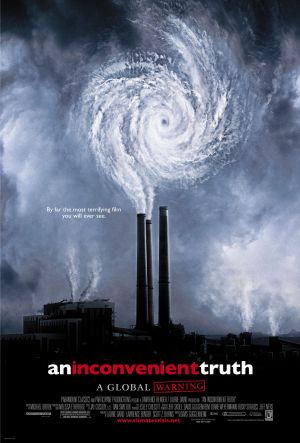
Podcast Oscar Review - Terry |
Ford Explorer Watch
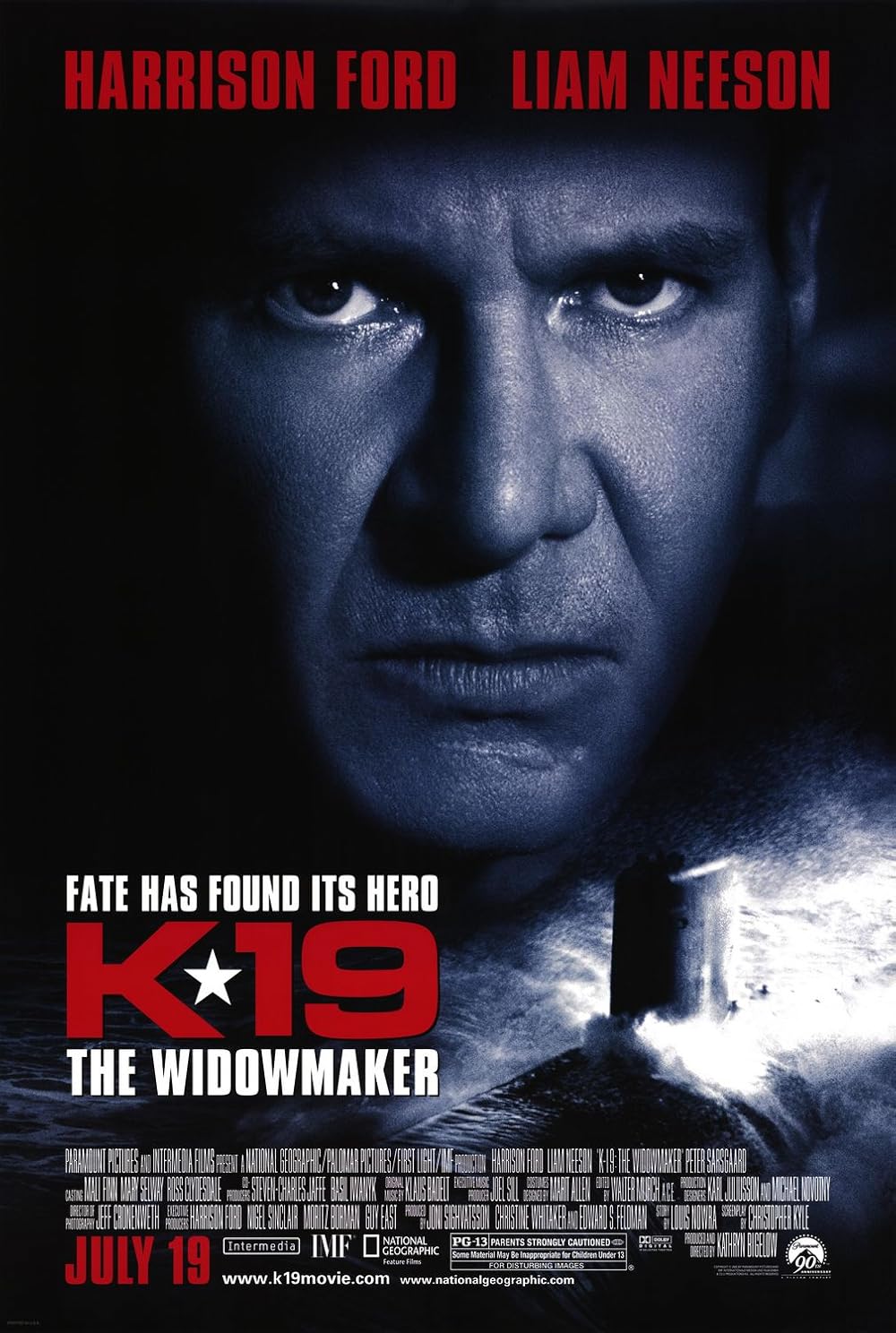
Podcast Review - Adam |
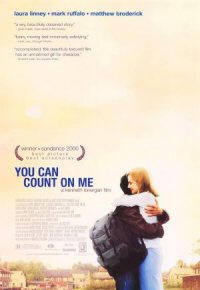
Podcast Trivia Review - Adam |
Director Blindspot Watch
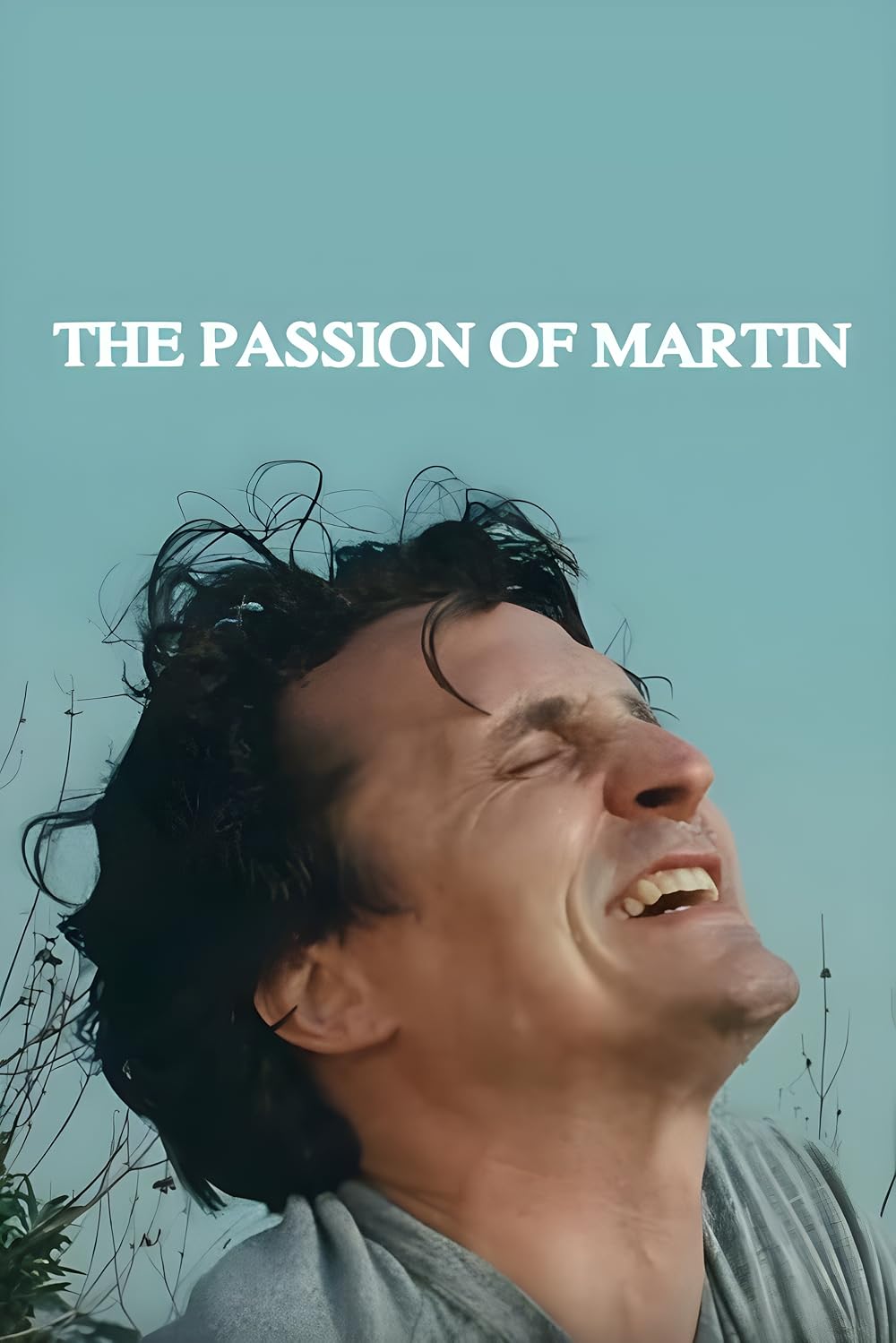
Podcast Review - Todd |
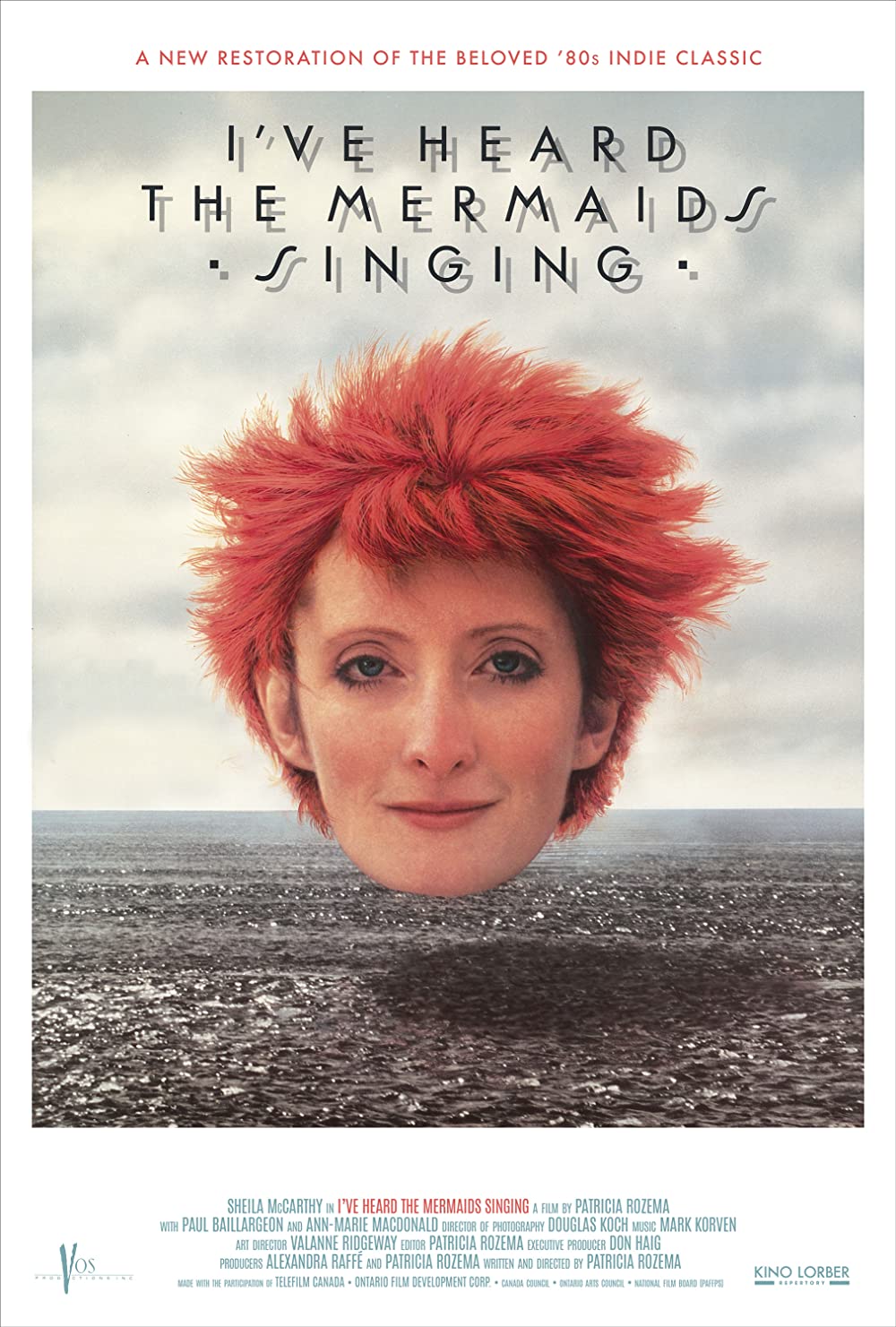
Podcast Trivia Review - Todd |
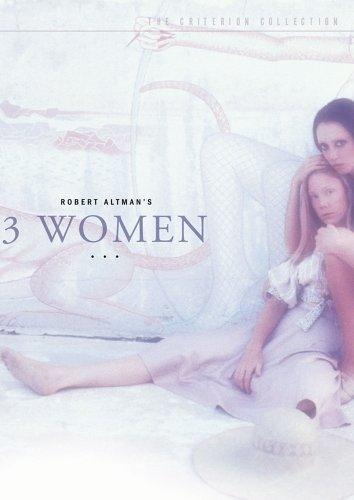
Podcast Trivia Review - Terry |
25th Anniversary

PODCAST DEEP DIVE |

Podcast Featured Review |

Podcast Review - Adam |

Podcast Review - Terry |

Podcast Review - Terry |
Indie Screener Watch
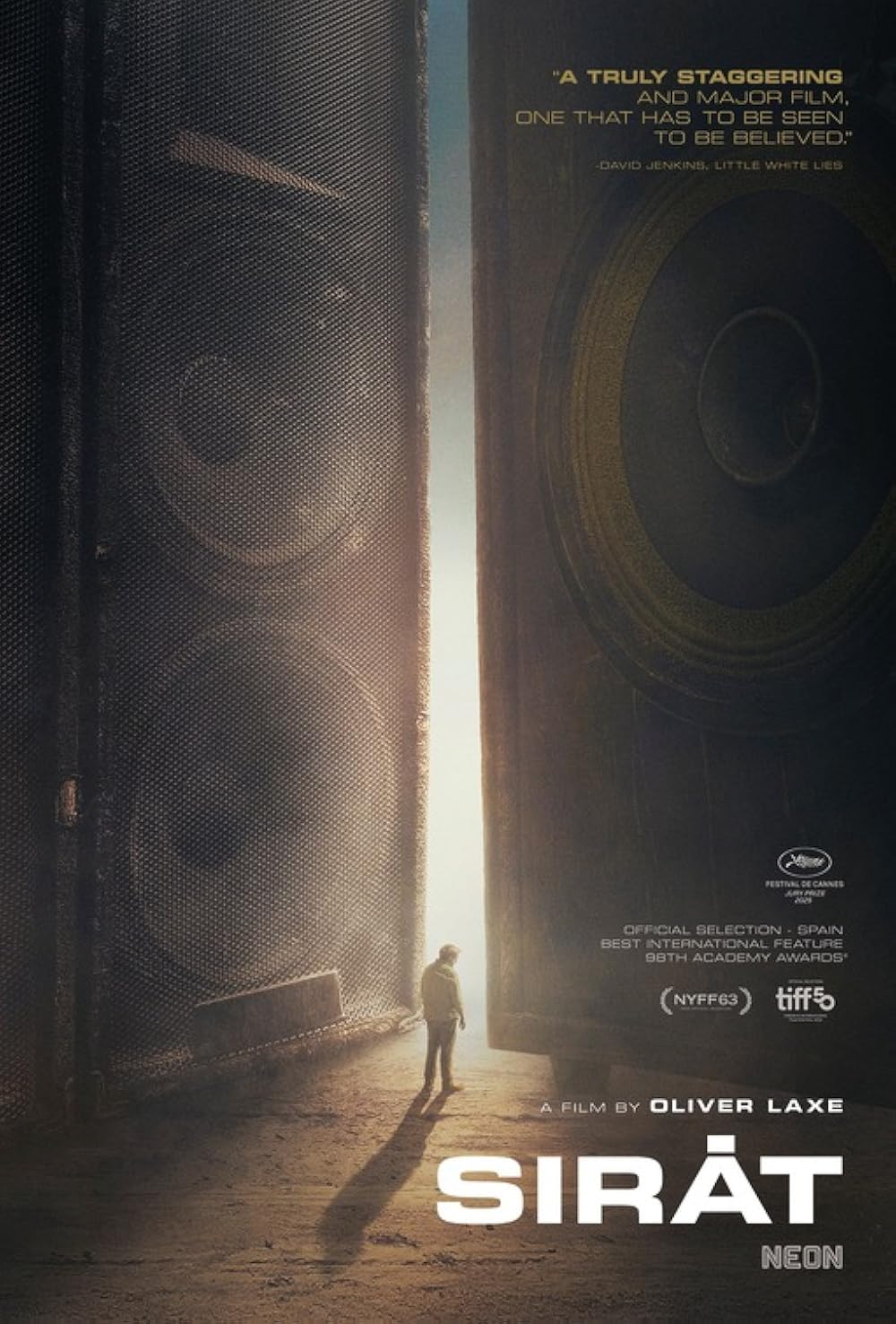
Podcast Review - Todd |
|
|
|